jewish burial customs embalming
Stage One Aninut. Jewish law prohibits Cremation and embalming.

Pin On Historical Society Norms
A Jewish funeral ceremony is called a ceremony is called a Levayah accompaniment.

. Ad High standards affordable costs provides you with the best value. Jewish Death Rituals According to Jewish Law. Burial is considered the best way to allow the body to decompose naturally.
Genesis 502 The sages of the Gemara compare the sanctity of a corpse to a Torah scroll Brachos 18b and so the proper treatment of the dead is critical in Jewish law. Here are a few common Jewish burial customs and Jewish death rituals. The burial is an important part of Jewish funeral customs.
Jewish law requires the body be allowed to return to the earth as soon as possible. The body must be buried in a simple wood casket to ensure decomposition happens without any interruption and the body returns to earth peacefully. Once this act has been completed the body of the deceased is dried and wrapped in a simple shroud tachrichim.
The Hebrews buried their dead immediately no later than a day after the person passed away. The casket is usually closed and the funeral service conducted. In ancient Egypt the technique consisted according to Herodotus of using an iron hook to draw out the brain through the nostrils and then making a cut along the flank to remove the abdominal contents which were washed and soaked in palm wine and infusions of spices and then.
There are five stages of ritualistic mourning which follow the death of a Jewish person which are discussed below. The most intense period of mourning is the period between the death and the burial. Embalming of the deceased is not allowed according to Jewish law.
The Scriptures laid down quite firmly that no dead body was to be left unburiedeven that of ones worst enemy. Embalming is the artificial treatment of a corpse to prevent or delay its putrefaction. Embalming and Cremation Both embalming and cremation are traditionally forbidden though many Jewish communities have started to accept cremation.
Traditional Jewish funeral customs will not display the deceased body. According to Jewish law the body is washed and not embalmed. Disturbance of the inner organs sometimes required during the embalming procedure is strictly prohibited as a desecration of the image of God.
And Joseph commanded the physicians to embalm his father. 2 26 and in the case of Aristobulus in Rome Josephus Ant xiv. There are also strong Jewish beliefs around cremation namely that cremation isnt allowed.
Jewish burial timing encourages families to complete the burial as soon as possible. The deceased is buried wearing a simple white shroud tachrichim. The traditions rituals and customs for Jewish burials provide that the body is buried in a plain and unordained wooden casket.
The body is guarded or watched from the moment of death until after burial. The body of the deceased is washed thoroughly. Burial is considered to allow the body to decompose naturally therefore embalming is forbidden.
A Jewish funeral can take place at a synagogue a. Jewish law prohibits Cremation and embalming. Jewish tradition does not permit embalming or the use of cosmetics on the deceased.
The deceased is buried in a simple pine coffin. Providing you choices that are simple affordable and easy to understand. Therefore the casket must be made entirely from wood with several holes drilled in the bottom to hasten decomposition and the bodys return to earth.
Ideally the placement of the casket in the ground should happen. A few notable Jewish burial traditions affect the planning and coordination when laying a loved one to rest. The precedents set by the prompt burials of Sarah Gen.
Embalming practised in Egypt Gen. Jewish custom insists on prompt burial as a matter of respect for the dead a consideration of particular relevance in hot climates. Jewish burial and the embalming of Jacob.
The Torah explicitly forbids the desecration of a body by delaying the burial. It is called this way because at Jewish funeral traditions calls for accompanying the body to the place of burial. As such no embalming is allowed and the funeral is typically closed casket.
According to one kabbalistic source burial refreshes the soul of the deceased and only after burial will it be admitted to Gods presence Midrash ha-Nelam to Ruth. So important is this principle that Jewish law prohibits the embalming of a person even where he has specifically willed it. The deceased can in no wise benefit from this procedure.
During this period the close relatives all-consuming concerns are the funeral and burial arrangements. Here are a few common Jewish burial customs and Jewish death rituals. According to the Torah a Jewish funeral should occur within 24 hours of the death as a sign of respect for the deceased.
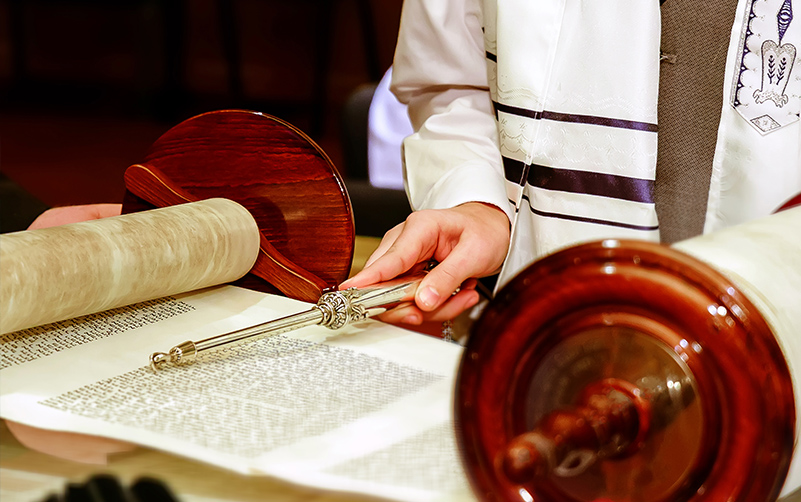
Jewish Funeral Customs Funeral Partners
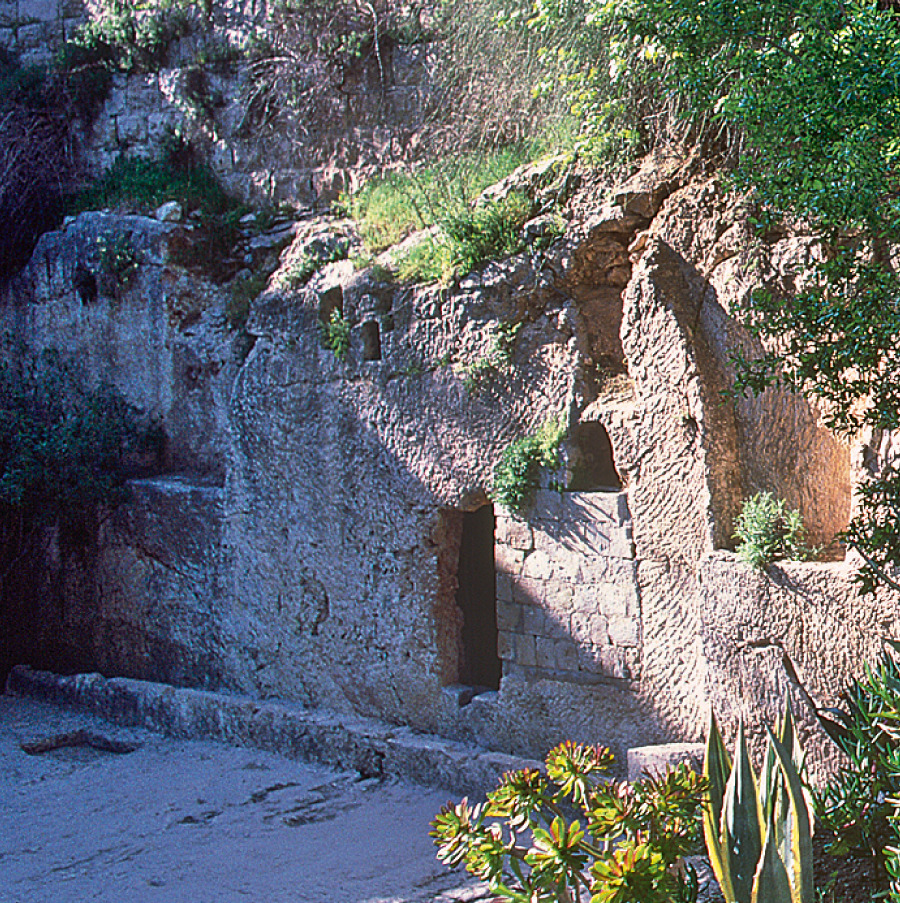
Burial Preparations Of The First Century Jews Did You Know
Complete Guide To Jewish Orthodox Burial Rituals And Caskets Trusted Caskets

Funeral Customs Black S Funeral Home Thurmont Md Funeral Home And Cremation

Jewish Traditions For Death Burial And Mourning Rohatyn Jewish Heritage
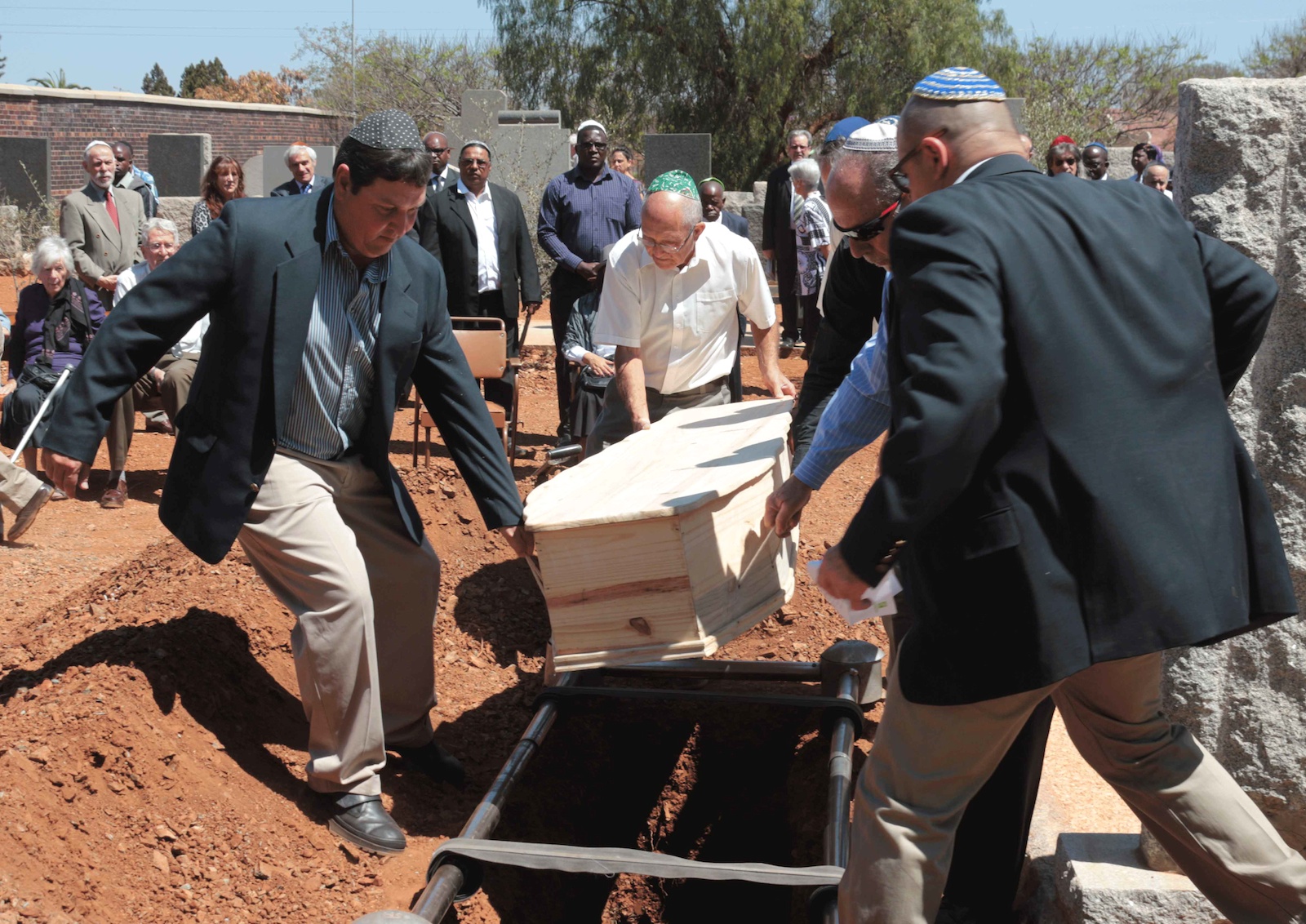
Jewish Traditions For Death Burial And Mourning Rohatyn Jewish Heritage

The Mitzvah Of Burial And The Honor Of The Dead Chayei Sarah 5776 Gateways Org

So You Wanna Build A Casket Northwoods Casket Company Casket Wood Casket Body Molding

Jewish Burial Customs In The First Century Jerusalemperspective Com Online

Questions And Answers About Jewish Funerals My Jewish Learning

How To Plan A Jewish Funeral Everything You Need To Know In 7 Steps Everplans
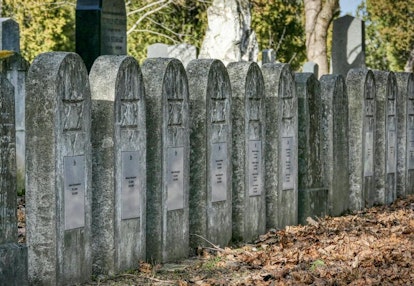
Jewish Cemetery Rules And Guidelines Explained Cake Blog

Jewish Mourning Faq My Jewish Learning
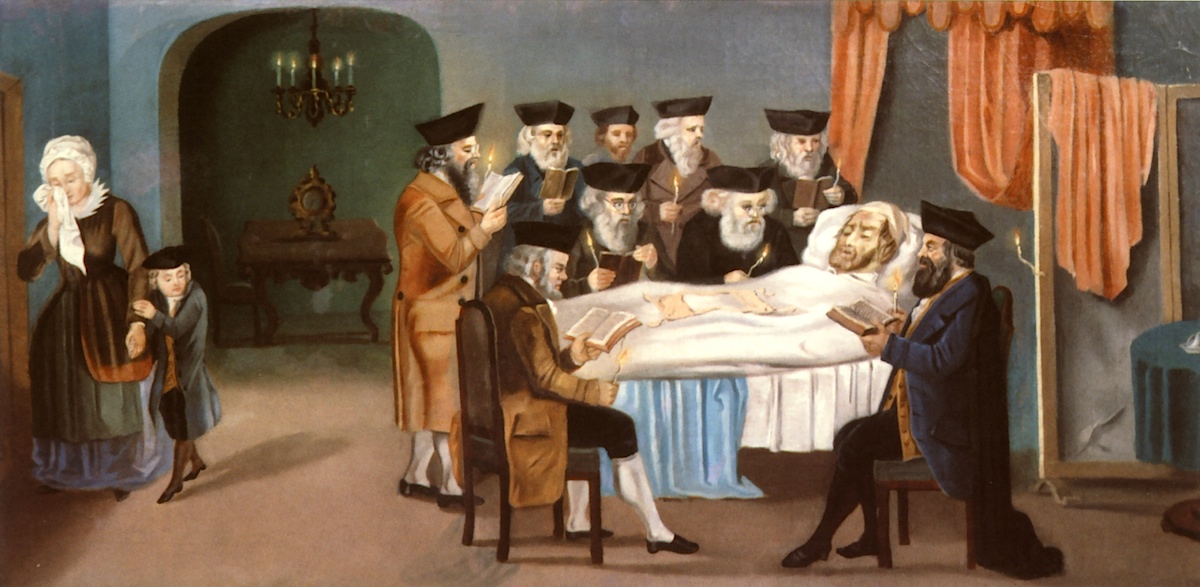
Jewish Traditions For Death Burial And Mourning Rohatyn Jewish Heritage
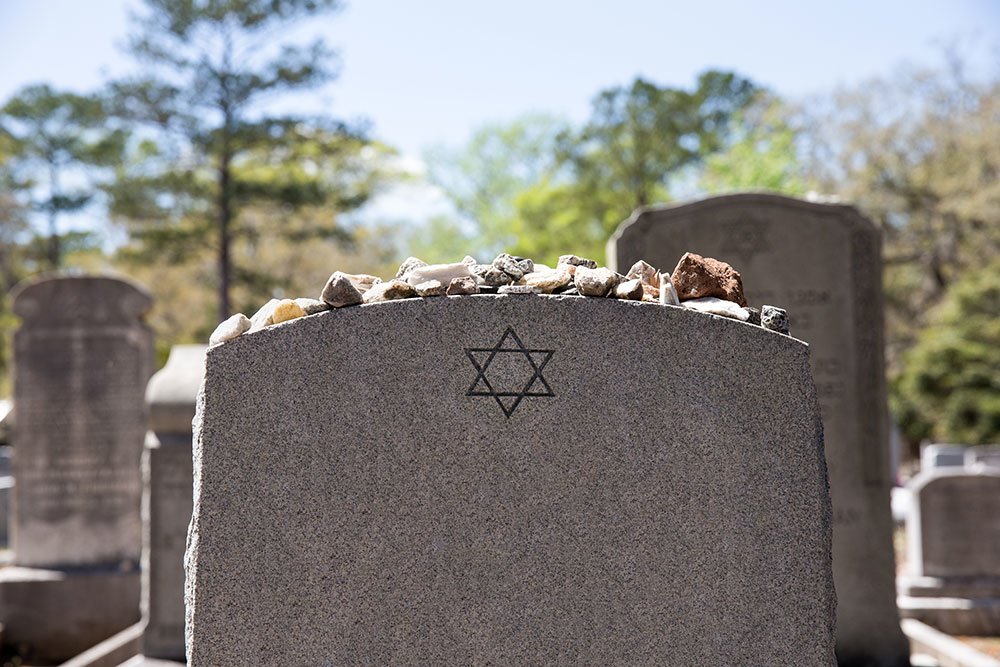
Jewish Burial Customs Welcome To Willowbrook Cemetery Located In
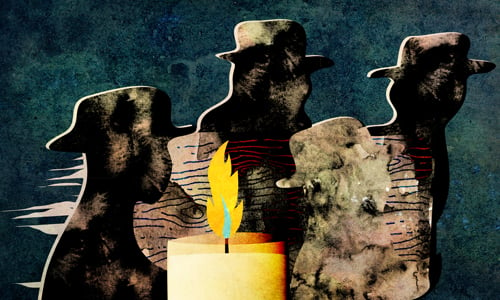
Basic Laws Of A Jewish Funeral Death Mourning
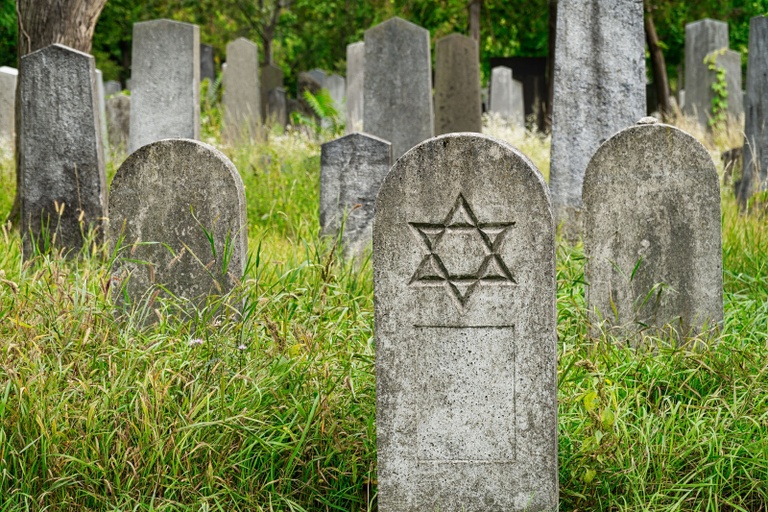
Jewish Funeral Traditions And Etiquette

Victorian Glass Front Coffin Used Sometimes When The Person Died Of A Contagious Disease Casket Coffin Funeral
